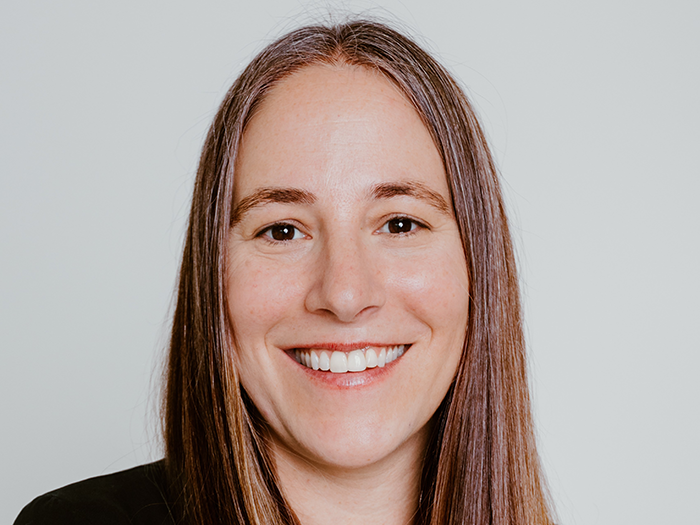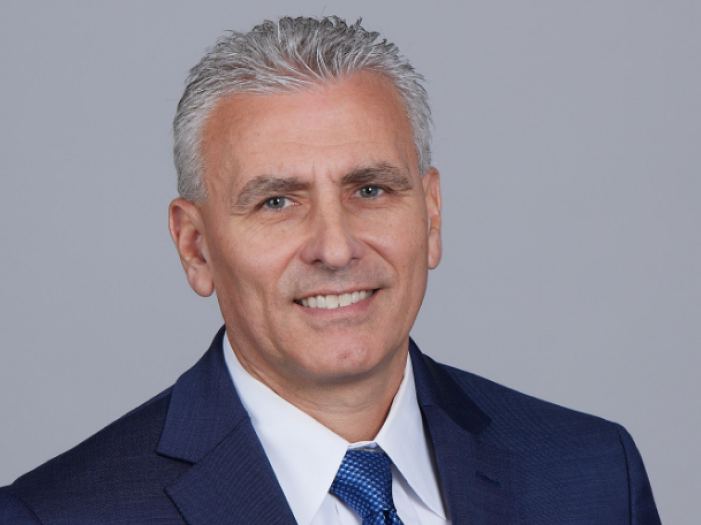Risk Insider: Carol Murphy
The Importance of Being Human
Signs are everywhere touting bigger and better risk data, new and improved analytics, and “actionable insights.” The pace of change is exciting and many new tools show promise. There’s so much upside!
Being curious, I wondered whether there’s any downside, any risks we are not seeing yet, and asked wise risk manager friends for their take. As our industry reflects on the future needs and opportunities to be met — where we need to be in five years, I was reminded of important truths we’d be wise to keep in mind.
One immovable truth is that it’s people that make a difference. Bringing their talent, experience and insight to bear, the best risk managers will extract from and add value to new tools. As an industry based on serving and helping protect people and organizations from risks, we rely on our people as the bedrock, not analytics.
While many emerging tools provide interesting information, “actionable insights” is in the eye of the risk manager — beholder. “Old-fashioned” experience and insight still matter, and our teams need to leverage all talents. A risk to consider is potential loss of talent in our industry as new tools foster efficiency, and could lead to talent loss or reduction in engagement.
As an industry based on serving and helping protect people and organizations from risks, we rely on our people as the bedrock, not analytics.
Now, I’m one of the engaged, but I learn from listening to the cynics too! We all realize that statistics can be misleading — providing different answers to the same information depending upon the positions being promoted.
Erroneous conclusions due to inadequate data are a related problem. The statistics can be built to support a position rather than the other way around.
As an example we know well, advancements in property modeling produced different results on static properties where in fact the risks hadn’t changed. So, a risk may be that new tools may polarize parties rather than building win-win frameworks.
Where improved transparency is the upside of the information age, a friend mentioned a potential downside: commoditization. Sameness due to an over-reliance on data may reduce the effectiveness and even the relevancy of insurance.
Strong skills in customizing policy language to respond to unique concerns are another “old school” but accretive skill. Indeed, comparability and customization of information to the customer is always a concern.
Traditional benchmarking that once seemed helpful just doesn’t work that well. Risks are not homogeneous. Magnitude matters. Claim profiles, financial objectives, coverage and structures vary.
Risks aren’t static. We need a compass directed toward emerging trends. So there’s a risk in drawing conclusions from inadequate or irrelevant data. But good progress in predictive modelling, leading indicators as well as multi-variable benchmarking is moving us in the right direction.
With exceptional insight and experience, veteran risk managers are adept at understanding analytics advancements and what is relevant to decision making.
In all the talk about actionable insights, we don’t hear a lot about wisdom. That means having the experience and insight to make the best decisions using incomplete information — most of the time.
Our industry needs to leverage our collective talents to build the next-generation tools, while remembering that those tools don’t replace personal interaction. The successful marriage of personal insight and experience with expanded analytics power will characterize our industry’s top contributors now and in the future.










